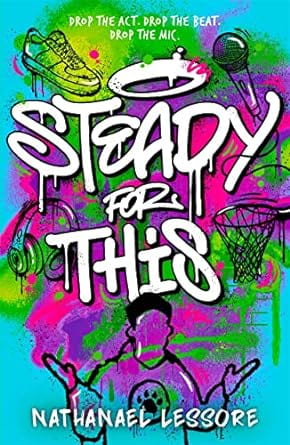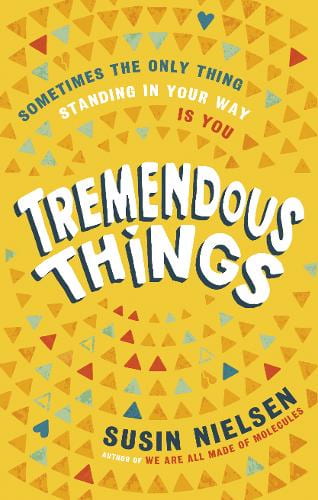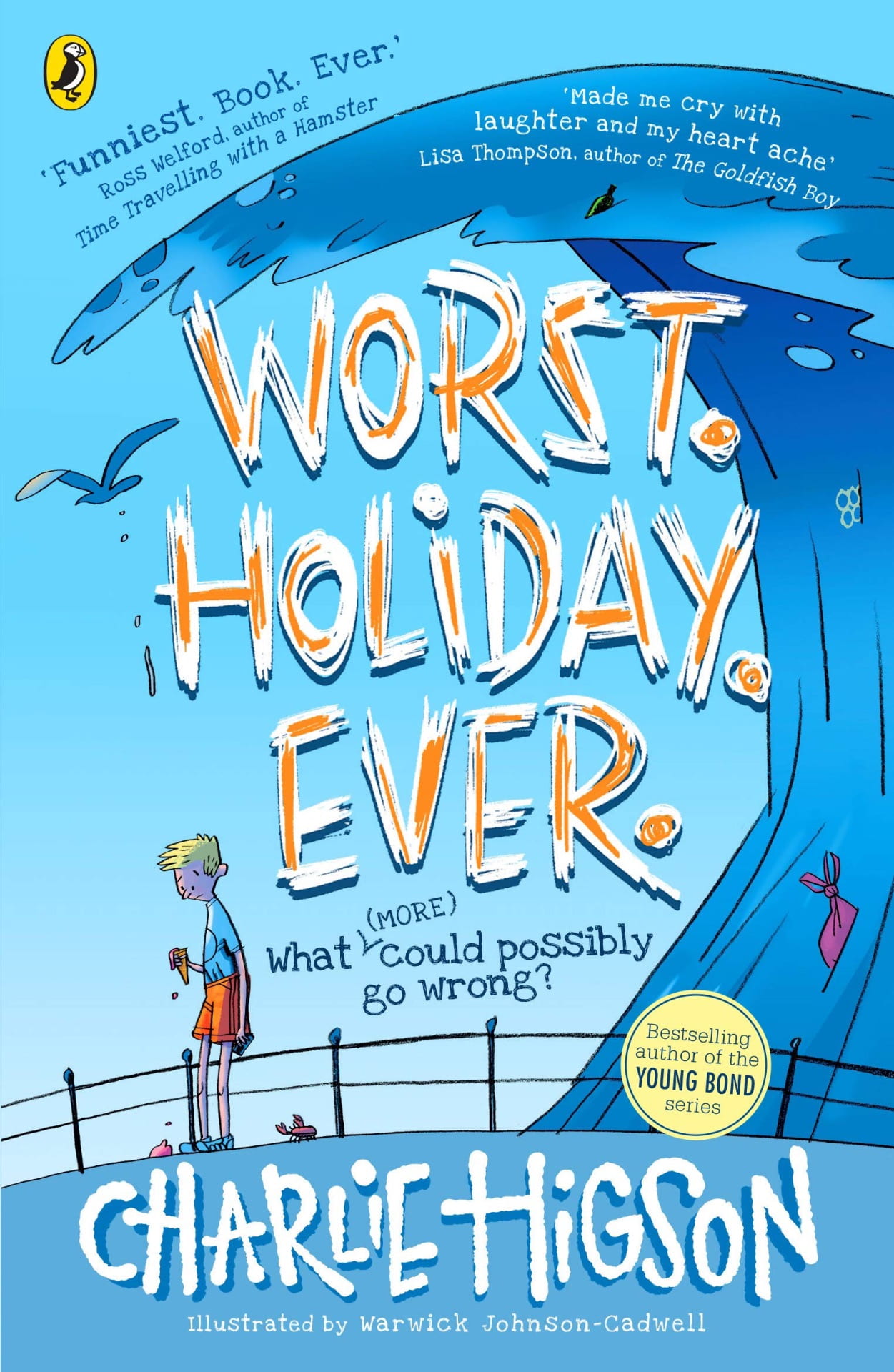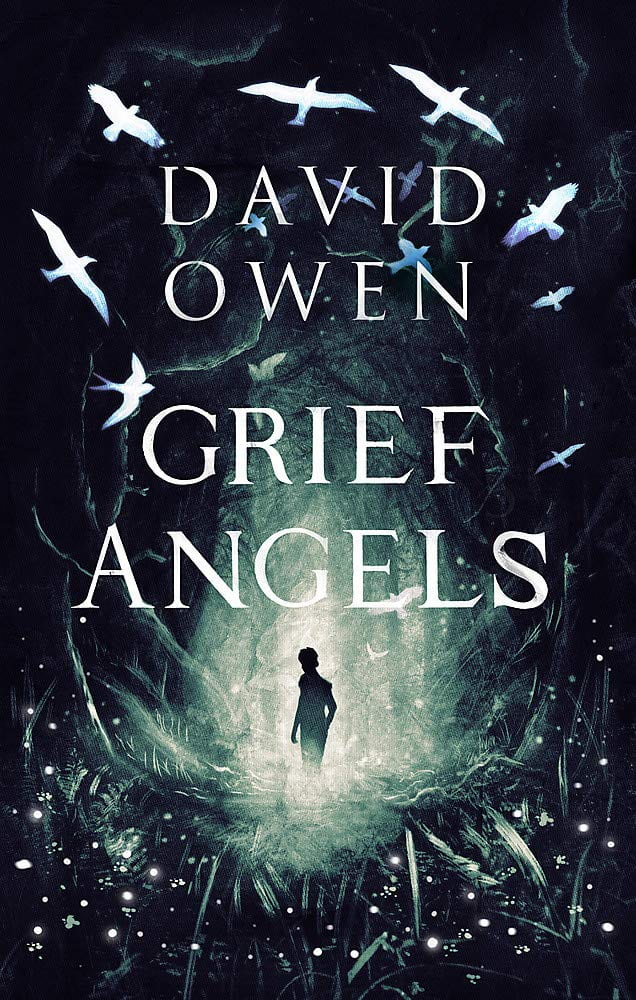On Midnight Beach by Marie-Louise Fitzpatrick
The Great Godden by Meg Rosoff
Books of the Week: 30 May 2021

Floating figure by Robert Fiszer. Other images by Shutterstock.

Photograph [unknown]
Since retiring in December I have spent time catching up on all the books aimed at adults that I hadn’t got round to reading when I was at work. Although I have read about thirty adult books since December 2020, I’m glad to say that books for young people are slowly edging their way back on to my to-be-read pile.
Here are two books set during long, hot summers in the hope that we might get some sunshine and holiday time in which to read them.
Both have seaside settings, feature first love and have characters called Kit, but the beaches, the relationships and the Kits are all very different.
In The Great Godden a big, happy, middle-class family prepares to spend their usual summer at the seaside in their periwinkle-blue beach house as they have done for years. Just down the beach is their father’s younger cousin Hope and her long-time boyfriend Mal, beloved by all the family. Hope’s godmother is away filming and asks if her sons, Kit and Hugo, can come from LA to spend the summer with them. Hugo turns out to be surly and awkward, but Kit is something else – handsome, tanned, charismatic and charming. The entire family is captivated. The scene is set for a one-idyllic-summer-when-I-fell-in-love-and-everything-changed. What we get, thanks to the perceptive and observant narrator, who is the eldest member of the family at about 17 or 18, is something a lot more interesting. Beneath the family meals, board games and fun, are undercurrents that eddy about, altering and re-altering our sympathies and perceptions. Once you reach the end of this short and intriguing story, you will want to turn to the beginning and re-read it. The Great Godden was shortlisted for the 2021 YA Book Prize.
The beach in On Midnight Beach is one belonging to a small fishing village on the coast of Donegal. It is the summer of 1976 when the temperatures are soaring and the young people of the village of Carrig Cove want to spend their days lounging by the sea. Emer has problems escaping from her work in the family shop, but when a dolphin is seen swimming in the bay she and her friend Fee creep out at night with Dog Cullen and his friend Kit to swim in the sea alongside it. They name the dolphin Rinn and it soon becomes a tourist attraction to everyone living around the bay. But before long, the situation inflames rivalries between the young people of Carrig Cove and those who live in the bigger town of Ross, and raids and fights are the result. Emer, who is falling in love with local hero Dog Cullen, is worried about his safety and about how the clashes over Rinn are getting out of control: ‘Maybe we shouldn’t have named him,’ I said. ‘We claimed a wild thing and lost it in the same breath.’
The book is based on an Irish legend called, in English, The Cattle Raid of Cooley and a look at a synopsis of this shows how cleverly the author has created modern versions of the characters and events. However, you don’t need to have read the legend to enjoy this tale of love, rivalry, friendship and the power of the past to create bitterness and division in the present.
On Midnight Beach is currently shortlisted for the CILIP Carnegie Medal, the winner of which will be announced on 16 June.












